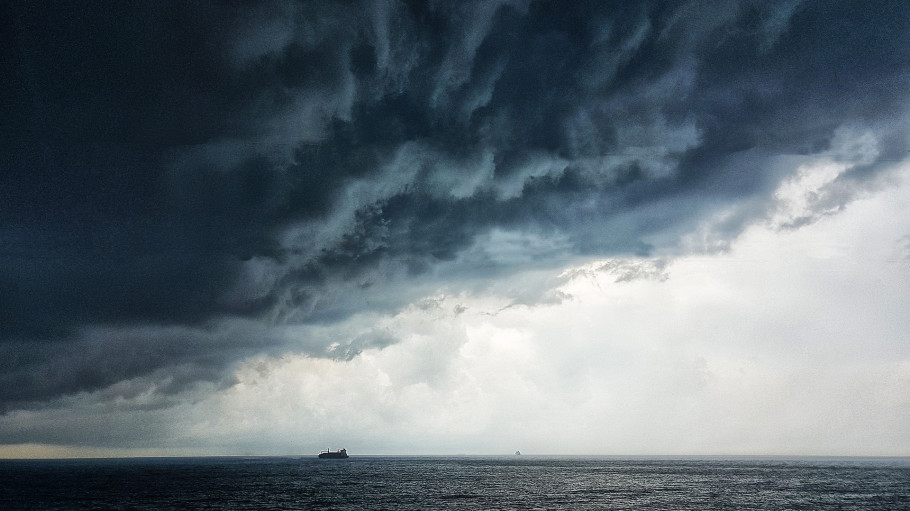

Climate protection is the focus of much of the European Steel Association's work. Continuing the downward trend in energy use and climate-impacting greenhouse gas emissions is essential to ensuring the sustainability of the European steel sector.
The European steel industry is the most advanced of its kind in the world. As it is, Europe leads the way in environmental and climate performance. CO2 emissions and energy use in European steel production have been halved since 1960, and the sector has the ambition to further achieve cuts of between 80-95% by 2050, compared to 1990 levels.
This transition will require significant investment in new technological development and deployment, in energy infrastructure, consumption and type, and will require access to high-quality
materials, such as iron ore and scrap. EUROFER works on climate and energy issues to establish how this essential change can happen in the sector, ensuring that Europe remains on track to fulfil its Paris Climate Accords requirements, whilst also making European steel fit for a clean, low-carbon future.
Energy-intensive industries (EIIs) provide direct employment to around 2.6 million people in the EU and represent the foundations of critical and strategic value chains for the EU economy and society. The current economic and energy outlook of the European Union is making investments in electrification and the continued business operation of our sectors at serious risk, should the energy-cost challenge not be solved.
Brussels, 24 February 2026 - Europe’s energy-intensive industries have set out a series of proposals to ensure that the EU’s upcoming Electrification Action Plan delivers on its objectives to stimulate and boost electricity consumption in industry. In a joint position paper, industries warn that persistently high electricity prices risk undermining industrial competitiveness and decarbonisation efforts. They call for a policy framework that will enable EU industry in pursuing decarbonisation and industrial competitiveness.
Brussels, 11 February 2026 - The European Steel Association (EUROFER) has backed a call to action adopted by European companies and industries in Antwerp today, which includes a demand on the EU to take urgent action to bring electricity prices down as a condition for Europe’s industrial drive, competitiveness and economic resilience.